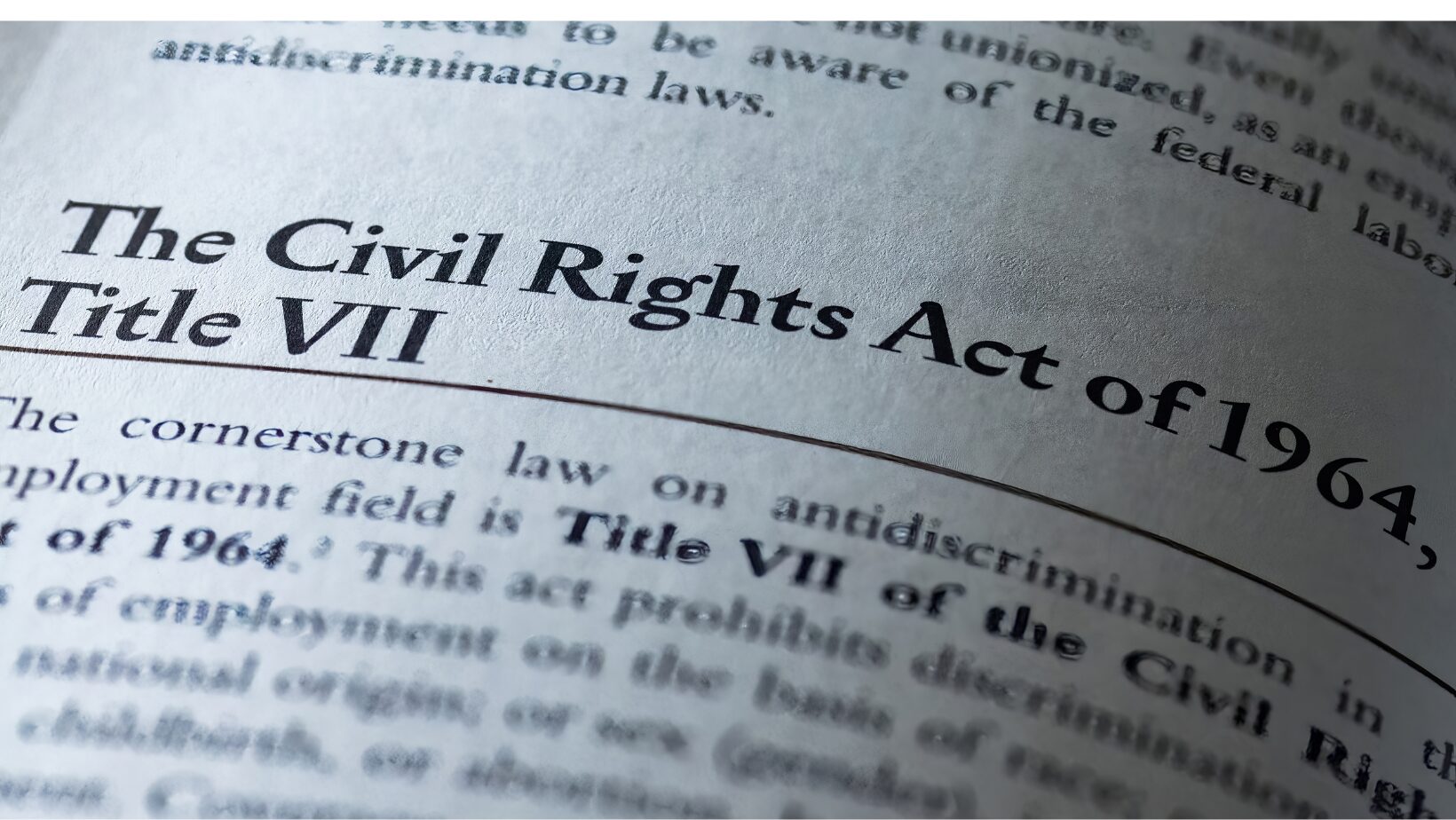The Supreme Court’s decision on April 17, 2024, in Muldrow v. City of St. Louis, marks a pivotal shift in the landscape of employment law, particularly affecting how Title VII of the Civil Rights Act of 1964 is applied to job transfers. This ruling simplifies the criteria for proving discrimination, potentially broadening the scope of claims that can be brought under Title VII.
What the Ruling Entails
The Court has eliminated the requirement for employees to prove “significant” harm in discrimination claims related to job transfers. Previously, claimants faced the challenging burden of demonstrating that a transfer not only was discriminatory but also resulted in substantial disadvantage. Now, any identifiable harm related to the terms, conditions, or privileges of employment, regardless of its significance, may suffice to establish a claim.
Key Takeaways
- Lowered Threshold for Harm: Employees can now establish a Title VII claim by proving any level of harm that impacts their employment conditions, making it easier for employees to challenge discriminatory practices.
- Broader Implications for Claims: This decision enables a wider array of claims to be considered under Title VII, including those involving subtle forms of discrimination that may not result in direct economic loss but still affect job satisfaction or career progression.
- Impacts on DEI Initiatives: With the potential increase in discrimination claims, employers must carefully evaluate the implementation of Diversity, Equity, and Inclusion (DEI) initiatives to ensure they do not inadvertently discriminate against any group.
- Definition of “Harm” Expanded: The ruling acknowledges that even minor changes in an employee’s work environment or duties, if stemming from discriminatory practices, are significant enough to warrant a legal claim.
Practical Implications for Employers
The new standard set by the Supreme Court requires employers to adopt a meticulous approach in managing job transfers:
- Revised Transfer Policies: Employers should review and possibly revise their job transfer policies to ensure all decisions are made transparently and are free from discriminatory biases.
- Enhanced Managerial Training: Training programs for managers and HR professionals should include detailed sessions on the implications of this ruling, emphasizing the importance of equitable treatment in all job reassignments.
- Ongoing Compliance Monitoring: Regular audits and reviews of employment practices are advisable to prevent potential violations and to demonstrate the employer’s commitment to upholding equitable employment practices.
The Supreme Court’s ruling in Muldrow v. City of St. Louis fundamentally alters the approach to discrimination claims under Title VII related to job transfers. By lowering the burden of proof for employees, the Court has broadened the protections against discrimination, emphasizing the statute’s goal to foster an equitable workplace.
This pivotal decision underscores the necessity for employers to uphold fairness and integrity within their HR practices. Aligning with this new legal framework is essential not only to protect against potential claims but also to uphold a commitment to an inclusive workplace environment.
Work Shield provides an effective solution that helps employers navigate these complexities. Our solution facilitates the fair and efficient handling of discrimination claims, including those involving job transfers. By partnering with Work Shield, employers can ensure their practices are transparent and accountable, thereby strengthening their commitment to a discrimination-free workplace.





